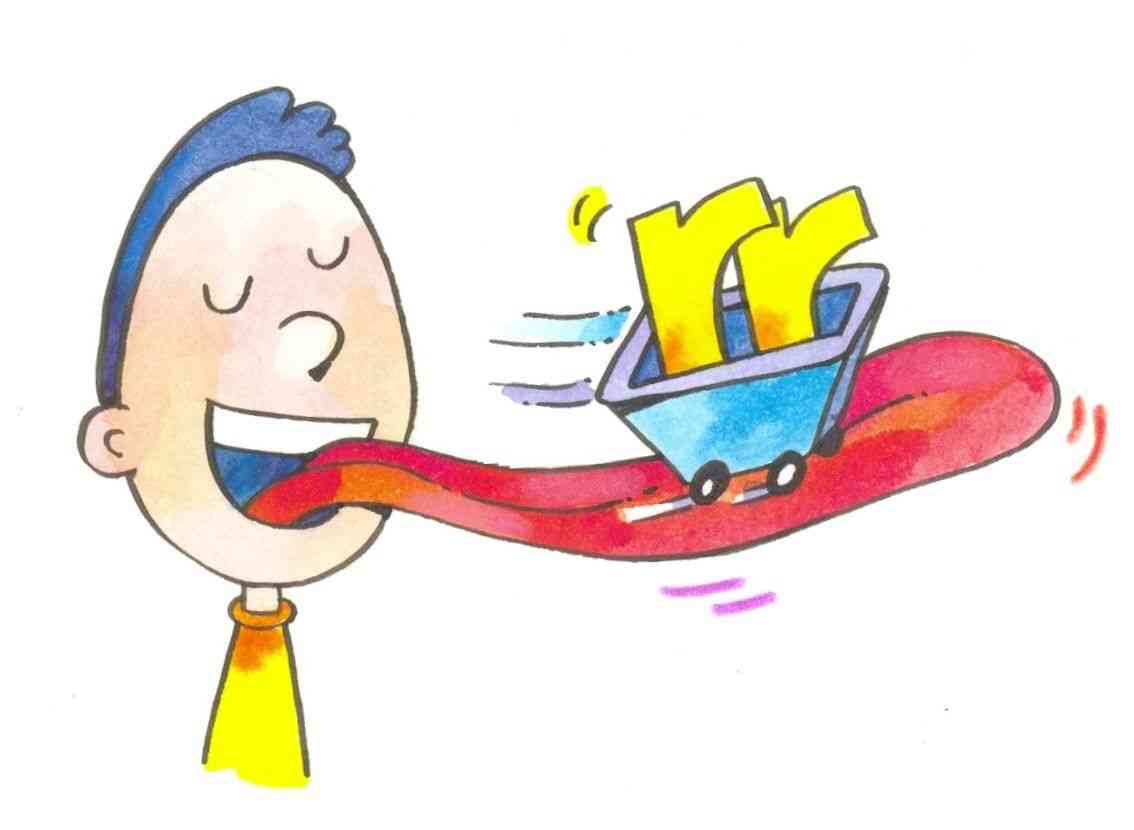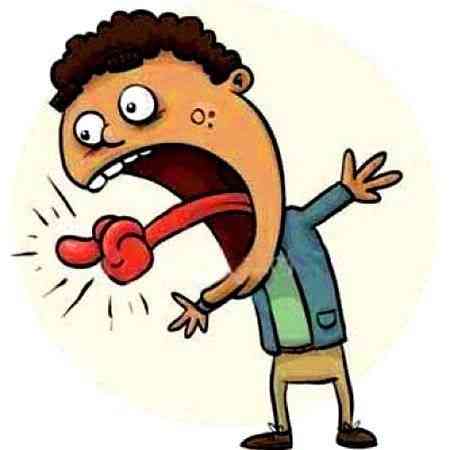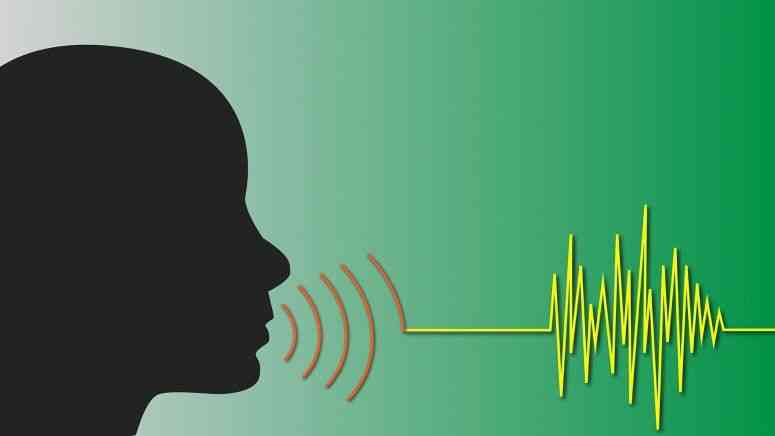What are the "Tongue Twisters"?

Tongue-twisters are phrases that use sounds that are quite sticky and very repetitive to help you learn, improve and know how to pronounce a few words and grow in a language. At first when any tongue is pronounced these entangles your language and usually have some degree of difficulty depending on the language and the way in which some non-native beginner of a language pronounces them.
Often, tongue-twister exercises are used in many people and not only in children at an early age to learn a language and to practice pronunciation of any language but to increase from a normal speed to a rapid speed at which it is pronounced without errors in doing so.
Tongue-twisters are usually phrases that use different sounds of many syllables that are repeated over and over again to make them sound very difficult to pronounce by the human mouth, even so, if they are practiced. The tongue-twisters in case they are part of the culture in general and in different countries where different tongue-twisters can become much more difficult even for the language speakers themselves.
The tongue-twisters according to scientists and experts in the area of languages state that:
Increase the participation of Spanish students and students, making it more fun.
Stimulates memory, focus and concentration.Improve your listening perception and understanding.Increase your speech speed. Help you speak accurately and error-free
Tongue-twisters are part of oral literature and popular culture. Some are considered classics that are known in all countries.
- improve memory, concentration and focus on many of the things that are done on a daily basis
- stimulates the participation of students of any language to improve considerably by making this activity one of the most fun when practicing and learning a new language
- increases much of the fluidity and speed a person has when speaking a language
- helps the brain to think new words, memorize them and how to speak without errors and with right and precise words

Tongue-twisters are important to take them easy, not to have a specific translation, to go at a slow speed at first as you advance and adapt speed considered depending on how the person feels doing this. Many words that are in the common tongues of each language are words commonly invented by natives with translations that in itself do not exist and that do not at all deserve to be translated or know their meanings; its importance is in the sound of each word and every sentence formed amusingly.

Tongue-twisters are usually related to terms, phrases, short speeches, or poems that are difficult to translate into different languages. In many languages the tongue-twisters are existing and are mostly used as main games for the purpose of playing with the language of the person who pronounces the sentences responsible for making you tangle the language, these dynamic or practical dynamites help the development of a language and a better practice to succeed both in saying the tongue at a speed fast or to improve pronunciation and fluency in a foreign language.

At other times, many tongue-twisters go on to combine many sounds that are given from a point of importance where the sounds that are originated by accentuating the proper pronunciation that is needed to pronounce the tongue correctly and at a speed that increases considerably, and also tongue-twisters that work with digital numbers or figures that can come to create words that rhyme between each other to make a more complicated pronunciation to the reader and the one who tries to play with a tongue-twister.

Tongue-twisters are a general part of the culture of many regions and countries at the universal level of each country and region.Each country has a specific tongue that is possibly general and describes the difficulty in a competition for "who" says each tongue-in-cheek one much more speedly than someone else.

Much of the tongue-twisters have only a translatable identification in the native language in which they were created or formulated cautiously, in many cases the words that are being generated in a tongue of any kind are translated, in some cases you cannot do the same since when making a translation specifies much of the translations that go hand in hand with the tongues in their native languages lose their rhythmic and fast form of to be pronounced correctly in the language in which these tongue-twisters created were and also lose their common sense.
Most useful and fun tongue-twisters in Spanish!

1. Si Sansón no sazona su salsa con sal, sosa le sale la salsa sin sazonar a Sansón
2. Erre con erre cigarro, erre con erre barril.
Rápido corren los carros, cargados de azúcar del ferrocarril
3. Cuando cuentes cuentos, cuenta cuantos cuentos cuentas, cuando cuentes cuentos
4. Pepe Pecas pica papas con un pico, con un pico pica papas Pepe Pecas.
Si Pepe Pecas pica papas con un pico, ¿dónde está el pico con pepe pecas pica papas?
5. Pablito clavó un clavito en la calva de un calvito. En la calva de un calvito un clavito clavó Pablito
6. Me han dicho que tiene dicho un dicho, un dicho que él dijo yo.
Ese dicho que te han dicho que yo he dicho, no lo he dicho;
y si yo lo hubiera dicho, estaría muy bien dicho por haberlo dicho yo
7. En tres tristes trastos de trigo, tres tristes tigres comían trigo.
Comían trigo, tres tristes tigres, en tres tristes trastos de trigo
8. El perro perra encontró pera,
pero perro perra peras no come,
en cambio perra perro peros no encontró
para comerse la pera que perro perra dejó
9. Pancha plancha con cuatro planchas. ¿Con frecuencia planchas Pancha plancha?
10. Como poco coco como,
poco coco compro
Here I leave you a video of 70 people from 70 different countries trying to say their native tongue-twisters belonging to each home country from which they come. I hope you enjoy the video and enjoyed my post!
-Emmanuel
Click here to read more of my posts with interesting content! :)
Don't forget to subscribe!
Also, check our our friends at IvyPanda!




